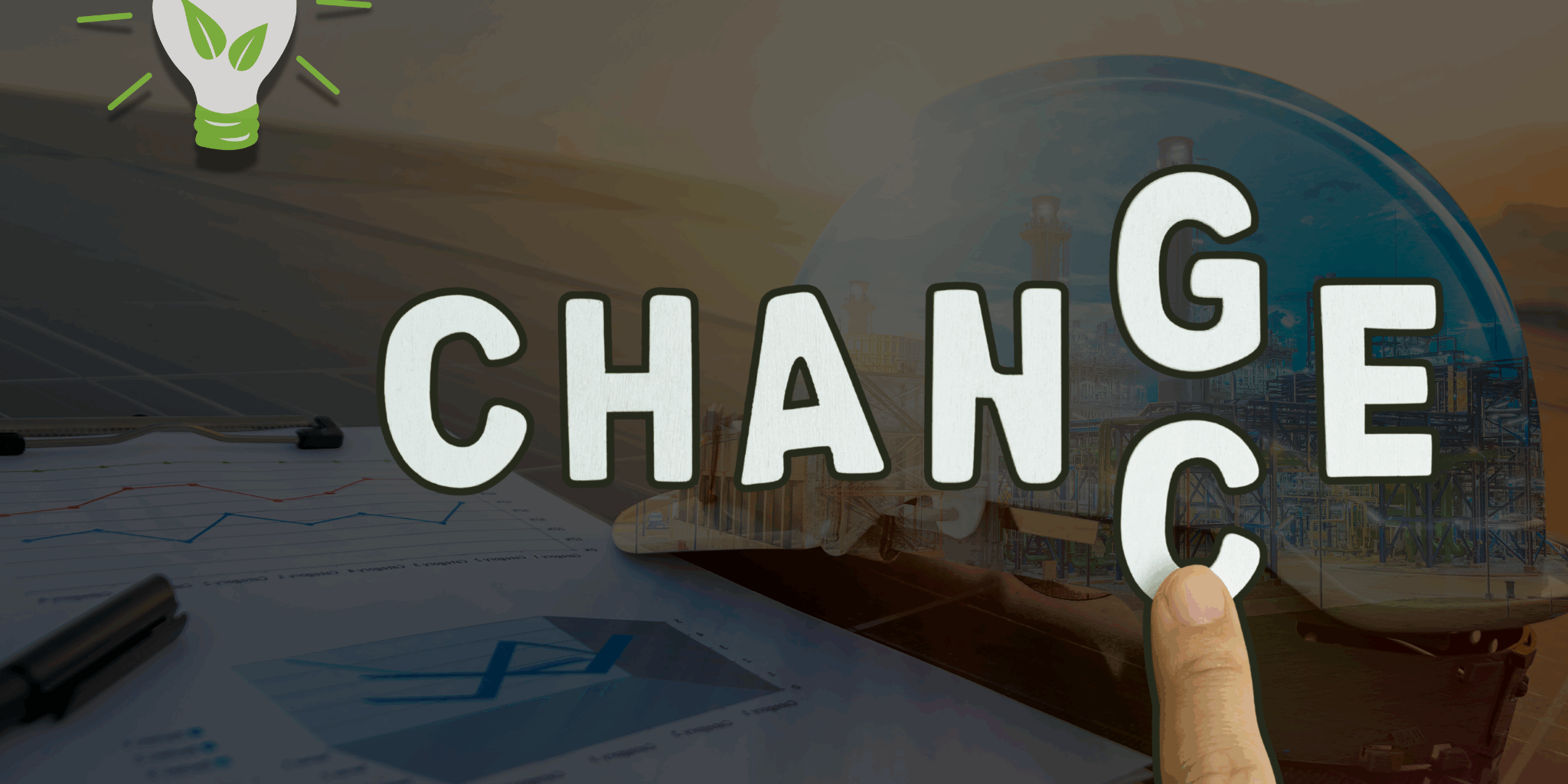©Adobe Stock
The future of the energy transition: Smart cities, smart factories
4 ACTIVITIES ON DIGITALISATION & ENERGY
Ï 75 % Energy consumption in cities
Cities cause around 75 worldwide % of energy consumption and 70 % CO2 emissions.
[Source: IEA)
Ï Save up to 80 million tonnes of CO2
Digital technologies can save up to 80 million tonnes of CO2 per year in Germany.
[Source: Bitkom)
Ï 31 % less energy in industry
Digital twins & smart processes can meet global industrial energy needs by up to 31 % reduce.
[Source: World Economic Forum)
Ï EUR 300 billion potential savings
A more efficient energy transition could save Germany more than EUR 300 billion by 2035.
[Source: BDI/BCG)
The Etransforming our lives – in cities, in businesses and in our daily lives – is transforming our lives. Electricity from wind– and sunNenergy it is true that environmentally friendly, is, however, subject to fluctuations. Means: There are too many times — and too few times. This presents our energy networks and consumers special Challenges. To deal with it: are digital solutions asked the for more overview and better Planning and governance worry. Digital twins play a key role in this.
What are digital twins?
A Digital twin is a species virtual image a real object, for example: eInes Buildingss, aR Factory or even aES entireN Energy networkES. This image collects data, simulates scenarios and shows: how changes are felt in turn. This will allow cities and businesses to plan in advance: What happens if more e-cars load at the same time? How does a new wind farm affect the grid?
Smart Cities: Sustainable and connected
Cities are the largest energy consumers, including dhim the biggest levers for the energy transition. According to the International Energy Agency (IEA) cause cities approx. 75 % global energy consumption and around 70 % of CO2 emissions (IEA). Projects such as: ‘...Connected Urban Twins‘... show how Digital Twins here can help. Simulate traffic flows; Energy or flood risks and make them visible and more comprehensible. In this way, urban development decisions can be better understood and taken together – from barrier-free transport toR sustainableN Construction planning.
Smart Industries: Efficiency through: Data
Industry also benefits. Production facilities may:N Energy burningalso with the help of Dmonitor and optimise igital twins in real time. Report heating systems or machines themselves if they run inefficiently — this is still the case. before any costs or defaults are incurred. At the same time, materials and raw materials can be better managed, making recycling and re-use easier.
Conclusion
The energy transition is complex, but smart cities, smart industrial processes and digital twins show how sustainability and digitalisation can go hand in hand. They help us make better use of energy, save costs and improve quality of life. In this way, a major challenge becomes a real opportunity for our future.
Is it enthusiastic for your company, city or municipality? Please do not hesitate to contact our experts for a free conversation time!

Author
M.A. Eileen Marra
Researcher & Manager of EDIH Networking Office

